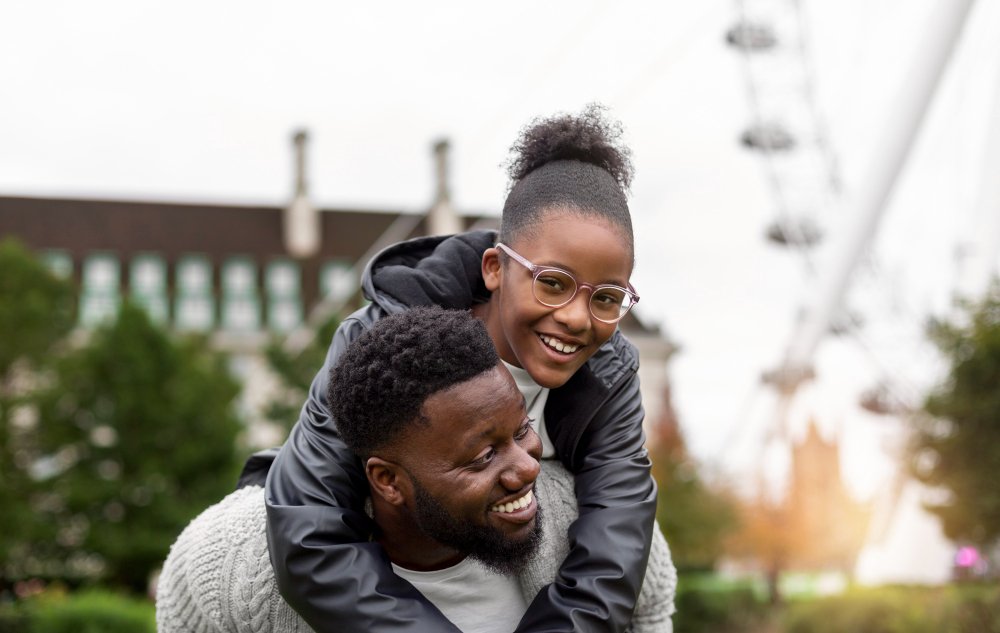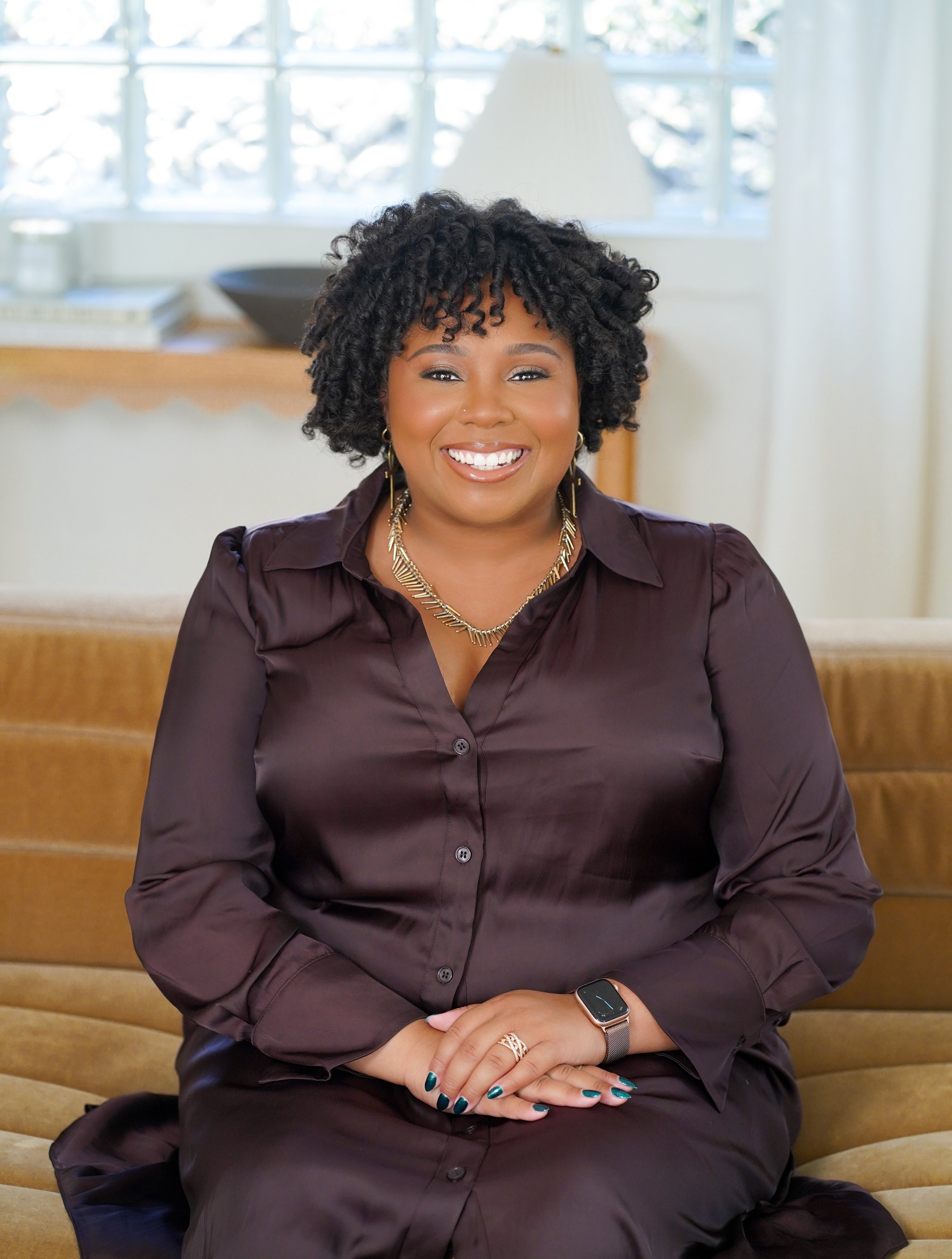5 relational therapy questions answered.
Relational therapy, also known as relational-cultural therapy, is the bedrock of social justice psychotherapy at The Center for Partnership and Peace…we just love it. Yet, it’s not a very well known form of therapy. In this blog post, we’ll talk about what relational therapy is and who its best for; as well as what you can expect from a relational therapist, how therapy will flow, and how to make the most of your sessions.
What is relational therapy?
Relational therapy (RT) is a social justice oriented and culturally sensitive psychotherapy. It emphasizes creating and maintaining an authentic self that can engage in emotionally beneficial relationships with one’s self and others.
Who is relational therapy best for?
Relational therapists believe that disconnection is the cause of most psychological distress. They use therapy sessions to build one’s capacity for authentic connection through mutual vulnerability. So, you may want to see a relational therapist if you don’t like how some therapists are a “blank slate” you can never quite get a read on; or you enjoy a therapist who brings their authentic self to your interactions.
What can I expect from a relational therapist?
Relational therapists tend to view themselves as a sort of coconspirator to your change process. They meet you where you are, honor the ways you’ve learned to survive in a hostile and unforgiving world, and walk with you on your path to a more fulfilling life.
Relational therapists bring their full self to therapy as a way of honoring your vulnerability. They might laugh or even cry in session if your words move them to do so.
Relational therapists understand that resistance to change is natural and normal. They feel honored you are allowing them into your inner world, and try their best to tread lightly. However, as is with all human relationships, misunderstandings and hurt can occur. When this happens, a relational therapist will apologize and try to repair their interactions with you so the therapy can get back on track.
What does relational therapy look like?
Like most therapies, relational therapy has 4 phases: assessment, intervention, evaluation, and termination.
In the assessment phase, you and the therapist are getting to know one another. They are trying to get a good understanding of what brings you to therapy; while you are trying to figure out if you can trust them. The therapist will be trying to figure out what your defenses are, why you have them, how they’ve served you in the past, and how they hinder your ability to authentically engage with yourself and others. While we think of assessment as happening at the start of therapy, a good therapist is always assessing.
The intervention phase is the longest. This is where you and the therapist work on mutual empathy, mutual empowerment, and engage in mutual authenticity. The therapist becomes a proxy for your attachment needs and fears; and after deepening trust, leverages this relationship to help you build capacity for authentic relationships outside of therapy.
Evaluation is an ever-present process. You and the therapist continuously evaluate if you’ve adequately explored the ways you relate to the world and others, dismantled the defensive mechanisms that prevent your from having the types of connection you want, and built authentic relationships with yourself and others.
Termination is mutual and occurs when y’all have fond all the therapeutic goals are met. You no longer need the therapist to serve as a proxy for deep intimacy as you have the capacity to build it outside of therapy. So, the therapist let you go to make your way in the world, always there for you if you ever need their support again.
How can I make the most of my relational therapy sessions?
Making the most of your sessions, as with all forms of therapy, requires your honesty. You and the therapist can progress quite quickly if you are just honest about your thoughts and feelings, fears and worries, needs and desires, hopes and fantasies.
Often we see clients in therapy that lie to us. They are dishonest about what is actually going on in their lives, in their bodies, and in their hearts. They do this because they don’t want to hurt our feelings, they don’t want to be judged, or because they just aren’t ready to face it yet.
We know how scary vulnerability is. Instead of pretending everything is alright, let us know what’s really going on. If we made you mad, tell us. If we hurt your feelings, tell us. If the therapy isn’t working, tell us. If you tried one of the interventions at home and you fell flat on your face, tell us. We can’t help if we don’t know.
Long story short
Relational therapy is focused on helping people build mutually beneficial, growth promoting relationships. It is best for those who are struggling with isolation and loneliness; or those who like a more personable style of therapy. You can expect you relational therapist to forgo the “blank slate” posture by bringing their full self to your interactions. Relational therapy occurs in 4 interrelated phases: assessment, intervention, evaluation, and termination; and you can expedite your progress in therapy by being fully honest with yourself and your therapist.
Want to connect with a therapist who can help you build growth-fostering relationships? Book your free consultation today.
dr.kay is the Founder and Clinical Director of the Center for Partnership and Peace— a Houston, Texas based consortium of relational experts. CPP offers therapy and coaching for individuals, couples, families, and corporate communities.


